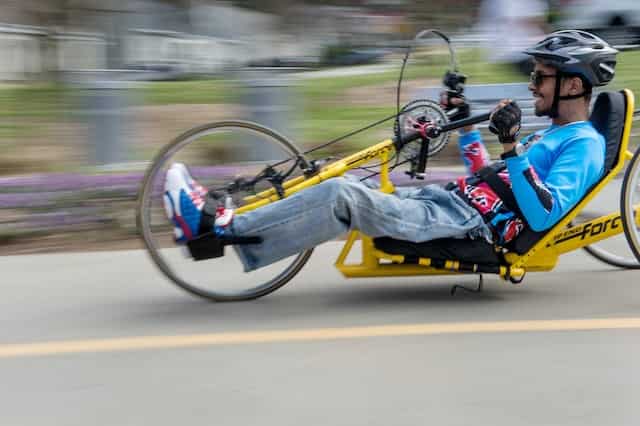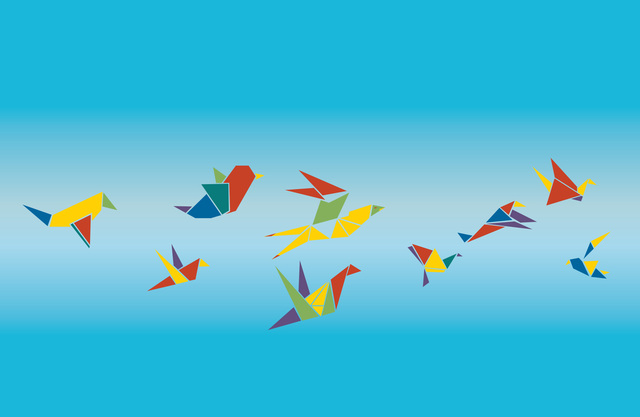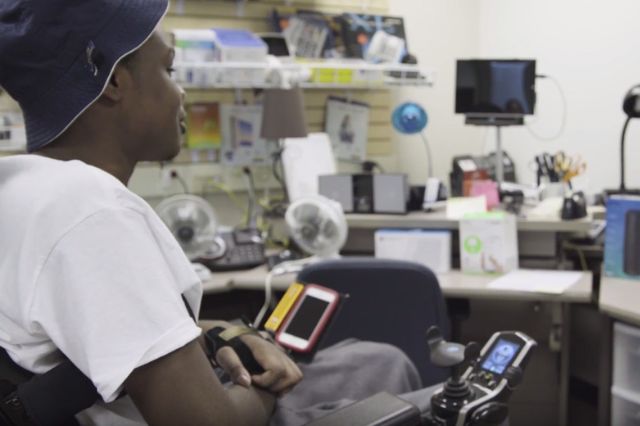What is a Concussion?
Understand what causes a concussion and learn to identify concussion symptoms
If you’ve had a sudden jolt or blow to the head, you might experience a mild traumatic brain injury, commonly known as a concussion. Typically, concussions resolve within a few weeks as headaches and other symptoms subside. Patients return to work, school, or athletic activities, often feeling as capable as they did before their injury.
About 20% of concussions are at risk for longer lasting or more severe symptoms that require additional evaluation and treatment. In these cases, we provide our sub-specialty brain injury expertise and resources in partnership with schools, sports medicine professionals, primary care providers, and general neurologists.
Conditions that might be classified as a complex concussion, putting you at risk for a prolonged or complicated recovery, include:
- Having had a concussion within the past 6 months
- A history of complications from concussions
- Abnormal imaging or testing results
- Prominent dizziness, imbalance, or visual symptoms after concussion
- A history of headaches, migraine, anxiety, or depression
- Previous concussions
- Or other concerns you might have
Concussion Symptoms
While most people recover from a concussion within two weeks, you may experience lingering physical, emotional, sleep, and cognitive symptoms beyond the two-week window of recovery. We provide a comprehensive interdisciplinary approach for patients aged 12 or older and who are experiencing persistent symptoms from a concussion that has occurred in the past six months.
Common symptoms of a concussion you might be experiencing include:
Physical Symptoms
- Headaches
- Dizziness
- A feeling of being off-balance
- Sensitive to light and/or noise
- Increased fatigue
- Visual difficulties
Sleep Symptoms
- Changes in your sleep patterns
- Trouble falling and/or staying asleep
Emotional Symptoms
- Increased irritability
- Feelings of sadness or being down
- Anxiety or nervousness
- Mood swings
Cognitive Symptoms
- Decreased attention
- Memory problems
- Slower thinking
- Difficulty following directions
When should I see a specialist for my concussion symptoms?
Your primary care physician can diagnose and treat any concussion symptoms you may experience. However, if your symptoms do not go away after two weeks or worsen, a multidisciplinary facility such as the Complex Concussion Clinic can provide an individualized evaluation by a team of concussion specialists to determine the best course of treatment for your recovery.
Concussion Clinic at Shepherd Center
Contact Us
Our Address
80 Peachtree Park Drive NE
Atlanta, GA 30309-1465
Clinic Hours
Monday to Friday
8:00 a.m. – 4:00 p.m. ET




